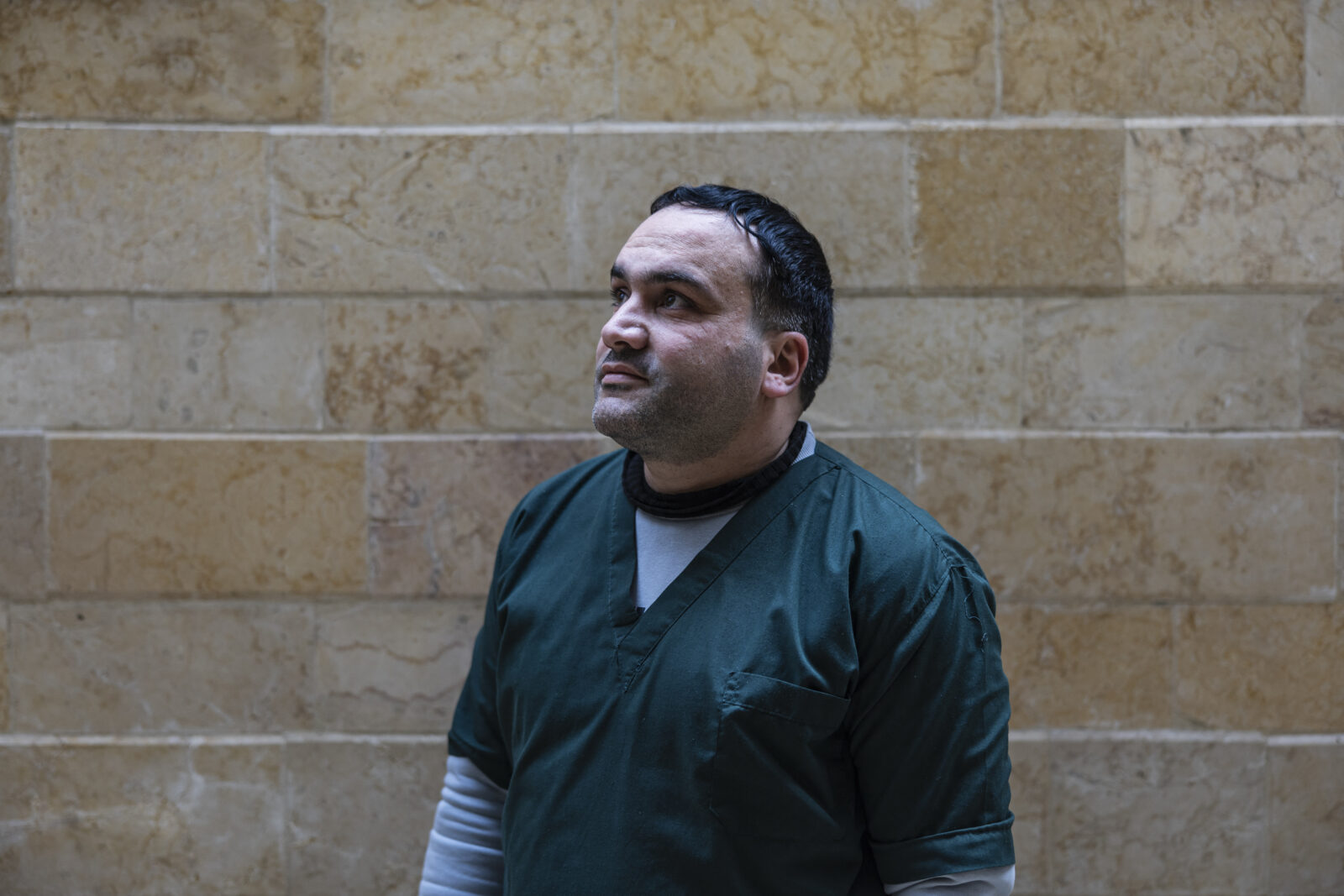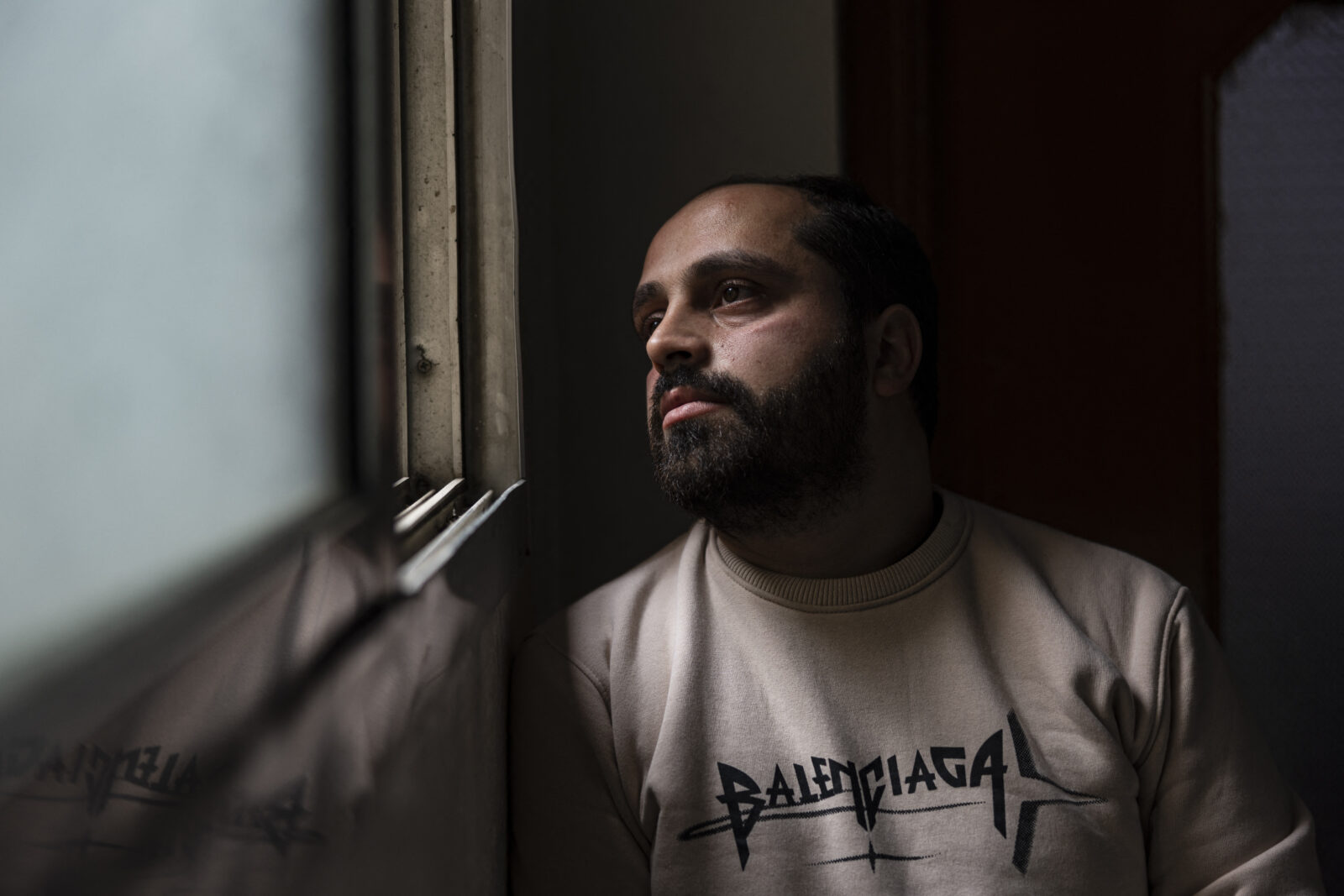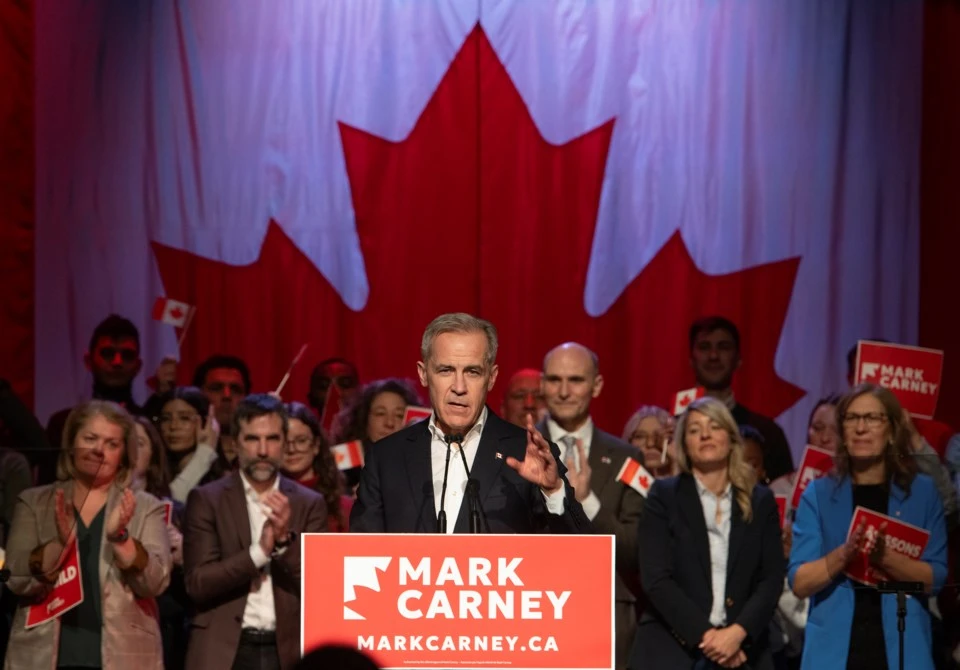Syrian medics reveal coerced testimonies after 2018 chlorine attack
 Orthopaedic surgeon Mohammed al-Hanash sits at his clinic in Douma, east of the Syrian capital Damascus, on December 21, 2024. - Two doctors and a nurse from Douma near Damascus told AFP Bashar al-Assad's government pressured them to change their story after they responded to dozens of wounded in a chlorine attack in April 2018. (AFP Photo)
Orthopaedic surgeon Mohammed al-Hanash sits at his clinic in Douma, east of the Syrian capital Damascus, on December 21, 2024. - Two doctors and a nurse from Douma near Damascus told AFP Bashar al-Assad's government pressured them to change their story after they responded to dozens of wounded in a chlorine attack in April 2018. (AFP Photo)
Three Syrian medical professionals have come forward with allegations that Bashar al-Assad’s government forced them to provide false testimony to international investigators following a chlorine gas attack in 2018.
The attack, which killed 43 people in the rebel-held town of Douma near Damascus, was later attributed to the Syrian regime by the Organisation for the Prohibition of Chemical Weapons (OPCW).
In a series of interviews with AFP, the medics—orthopedic surgeon Mohammed al-Hanash, emergency care specialist Hassan Oyoun, and nurse Muwafaq Nisrin—described being coerced under threats to themselves and their families.

“I was told… that they knew where my family is in Damascus,” Hanash recounted, speaking publicly for the first time after Assad’s government fell on December 8.
Oyoun described his experience as equally menacing. “When I arrived before the investigator… his gun was on the table pointing towards me,” he said. “I immediately understood what was being asked for and that the objective was for us to say there had been no chemical attack.”
The attack on April 7, 2018, targeted a building near a field hospital where the three medics worked. Video footage from the scene showed medics treating victims, including children, and spraying water to alleviate symptoms of exposure.
The Syrian government dismissed the images as fabricated, claiming they were staged by rescue workers under the direction of the United States.
According to the medics, Syrian security forces interrogated those featured in the footage, including medical personnel, to suppress the narrative of a chemical attack. Hanash described efforts to give vague responses to investigators, while Oyoun and Nisrin noted intense pressure to deny the incident altogether.
“We avoided responding to certain questions, such as ‘where were the dead taken?'” Oyoun said.

The medics were also required to repeat their testimonies on camera, which they allege were edited and broadcast by state media to support the government’s narrative.
The OPCW concluded last year that the Syrian Air Force dropped chlorine gas canisters during a military operation to retake Douma, shortly before Islamist rebels agreed to withdraw. The findings dismissed claims by Damascus and its ally Moscow that the attack had been staged.
In the weeks following the attack, the medics were compelled to meet an OPCW fact-finding mission in Damascus under close monitoring by Syrian authorities. Devices were placed in their pockets to record the interviews, ensuring they adhered to the government’s account.
Later, they were sent to testify in The Hague, where they expected to speak freely. Instead, Hanash said they were thrust into a public session, undermining their hopes of revealing the truth.
The medics expressed relief that OPCW investigators ultimately uncovered evidence implicating the Assad regime, despite the fabricated testimonies. “We were happy… that our testimony did not impact the course of the investigation,” Hanash said.
Still, justice remains elusive. “The joy is incomplete,” he added, underscoring the need for accountability for those responsible for the attack.
The OPCW has identified 20 instances in which chemical weapons were used or likely used in Syria’s conflict, marking one of the darkest chapters of the war. For the medics, the burden of their coerced silence is only now beginning to lift.



